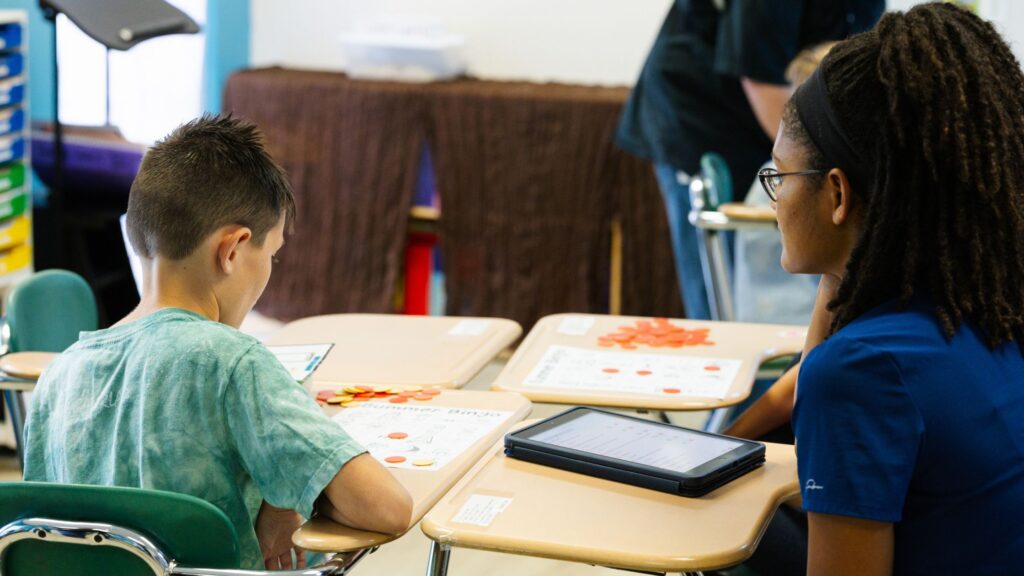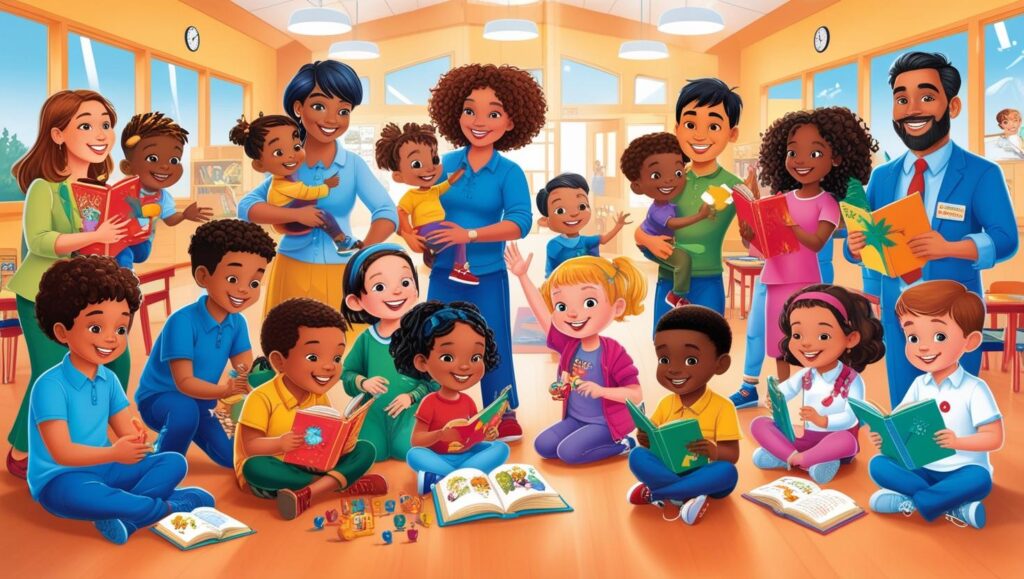Where Your Donation Actually Goes: How Supporting Bridge to Tomorrow Creates Lasting Change for Neurodivergent Families

We extend our deepest gratitude to donors who are considering making a financial gift to Bridge to Tomorrow. Donations create lasting change for neurodivergent families, and providing nonprofit transparency is one of the most important ways we strive to honor your high-impact investment. Our donors deserve to know exactly how the support you provide is […]
It Shouldn’t Be This Hard: Why Accessing Scholarships for Your Child Feels So Overwhelming and What You Can Do About It

Did you know that your child may be eligible for financial help to support their continuing education, and that this financial support includes funds for resources that support parents and caregivers, too? Bridge to Tomorrow was founded to help parents and caregivers just like you. We know firsthand that without the right resources, securing financial […]
When the System Says Wait, 1 in 5 Children Fall Behind

Every parent wants to give their child a bright future. For families raising children with learning or developmental differences, this hope often carries weight, urgency, and heartache. When a child needs early intervention or specialized support, everyday matters. Cutting through red tape shouldn’t be part of the struggle, but far too often, it is. When […]
We Didn’t Qualify for Assistance but Couldn’t Afford Support

For many families, the road to getting support for a child with learning or developmental differences feels like slipping silently through the cracks. Too often, you earn just enough to be denied financial aid, but not enough to cover the steep costs of private services. The funding gap is real, painful, and far more common […]
The Diagnosis Is Not the End, But What Should I Expect?

When families first receive a neurodiversity diagnosis for their child, the news can feel both overwhelming and clarifying. For many, it is the start of a challenging but hopeful path. Yet what often surprises parents and caregivers most are the emotional hurdles and the mounting financial costs that follow. These costs can quietly reshape daily […]
Help Is Out There—Here’s How to Find It

When your child has special needs, you quickly discover that the most exhausting part of the journey isn’t just navigating daily life or advocating at every turn. It’s the relentless search for help that everyone claims exists—but rarely shows you how to find. Whether you’re trying to access vital therapies, uncover hidden grants, or find […]
3 Reasons Why Positive Reinforcement Isn’t Just for the Classroom

Positive reinforcement has long been recognized as a valuable tool in education, helping students thrive academically and socially. But did you know its benefits extend far beyond classroom walls? Whether it’s used at home, in after-school programs, or within community initiatives, positive reinforcement creates crucial building blocks for strong emotional security, improved behavior, and joyful […]
Building Bridges: The Importance of Family-School Partnerships

Collaboration is the heart of progress, particularly when it comes to raising and educating the next generation. Family-school partnerships serve as a bridge, aligning efforts between educators and parents for the benefit of students. When families and schools unite as partners, they create a powerful team that ensures students grow academically, socially, and emotionally. Programs […]
5 Ways Predictability and Structure Foster Student Confidence

Success in learning often starts with a feeling of safety. If a student knows what to expect in their environment and daily routines, they are far more likely to feel confident in exploring challenges and developing new skills. For teachers and parents alike, creating predictable structures can transform not just a classroom, but a child’s […]
Brilliant Education Financial Planning for Neurodivergent Children

Education is a powerful tool for every child, opening the door to opportunity and brighter futures. But for families of neurodivergent children, planning for education can come with unique challenges—not just emotionally, but financially. Specialized programs, therapy sessions, tailored learning environments, and additional resources can add up quickly. That’s why careful financial planning is essential. […]
